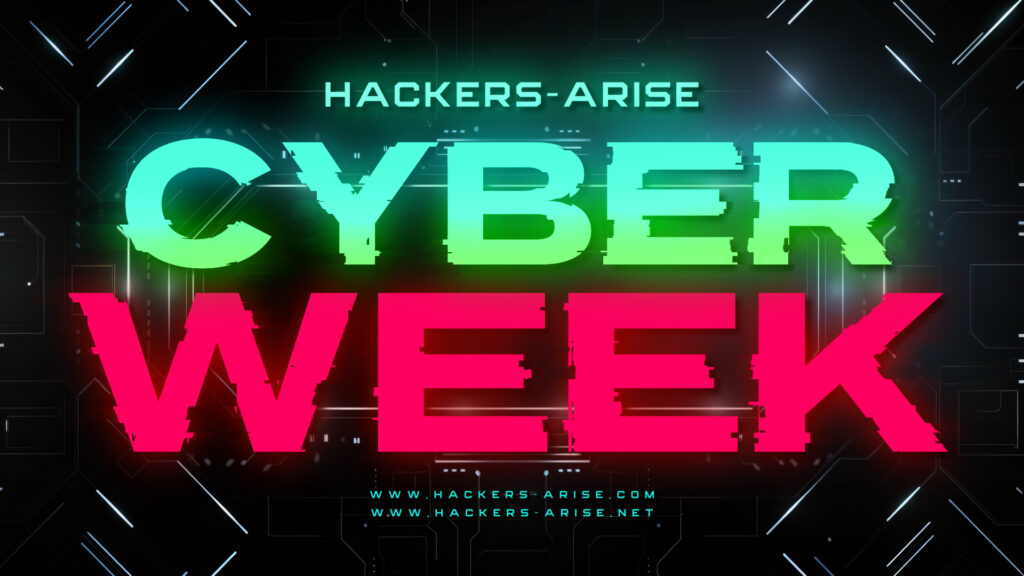In many of my tutorials, I have emphasized that a real hacker must know and use Linux, but I thought it might be time to emphasize and enumerate the reasons why I think so. So, for those of you are stuck in kiddie-ware (Windows), here is why you should make the transition to Linux.
Linux Is Open Source
Unlike Windows, Linux is open source. What that means for us is that the source code of the operating system is available to us. As such, we can change and manipulate it as we please. If you are trying to make a system operate in ways it was not intended, being able to manipulate the source code is essential.
Think of it this way. Could you imagine Microsoft giving us a plug-in/MMC or whatever to manipulate or change the kernel of Windows for hacking? Of course NOT!
Linux Is Transparent
To hack effectively, you must know and understand your operating system and to a large extent, the operating system you are attacking. Linux is totally transparent, meaning we can see and manipulate all its working parts.
Not so with Windows. Microsoft tries hard to make it as difficult or impossible to know the inner workings of their operating systems. As a result, when working with Windows you are working with “shadows” of what you think is going on under the hood, whereas in Linux you have a “spotlight” shining directly at at each and every component of the operating system. It goes without saying, I think, this makes working with Linux more efficient and effective.
Linux Offers Granular Control
Linux is granular. That means that we have almost infinite amount of control over the system. In Windows, you only can control what Microsoft allows you to control. In Linux, everything can be controlled by the terminal in the most miniscule to the most macro level. In addition, Linux makes scripting in any of the scripting languages simple and effective.
Most Hacking Tools Are Written for Linux
Well over 90% of all hacking tools are written for Linux. Of course, there are exceptions like Cain and Abel and Havij, but those exceptions simply emphasize the rule. Even when hacking tools such as Metasploit or nmap are ported for Windows, not all the capabilities transfer from Linux.
The Future Belongs to Linux/UNIX
This might seem like radical statement, but I firmly believe that the future belongs to Linux/Unix. Microsoft has had its day in the 1980s and ’90s, but its growth is slowing and stagnating.
From the beginning of the Internet, Linux/UNIX has been the operating system of choice for web servers for its stability, reliability and robustness. Even today, Linux/UNIX dominates the world of web servers with well over two-thirds of the market. Embedded systems in routers, switches and other devices are almost always using a Linux kernel and the world of virtualization is dominated by Linux with both VMWare and Citrix built on the Linux kernel.
If you believe that the future of computing lies in mobile devices such as tablets and phones (it would hard to argue otherwise), then over 80% of mobile devices are running UNIX or Linux (iOS is UNIX and Android is Linux). Microsoft Windows on mobile devices have just 7% of this market. Is that the wagon you want to be hitched to?
Hacking isn’t for the uninitiated. Hacking is an elite profession among the IT field. As such, it requires extensive and detailed understanding of IT concepts and technologies. At the most fundamental level, Linux is a requirement. I strongly suggest you invest the time and energy into using and understanding it, if you want to make hacking and information security your career.

